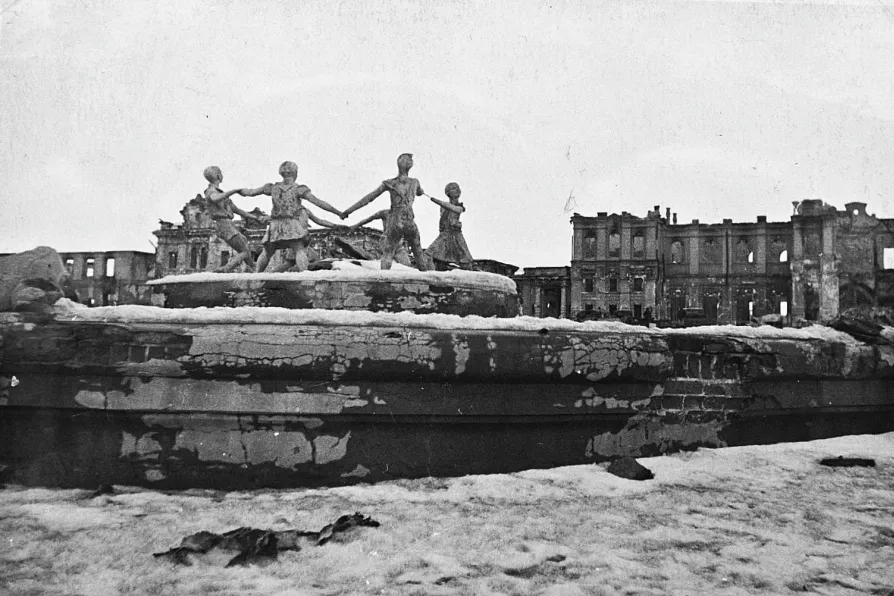RON JACOBS welcomes a timely history of the Anti Imperialist league of America, and the role that culture played in their politics

 LEST WE FORGET: Stalingrad after the battle
[Sergey Strunnikov]
LEST WE FORGET: Stalingrad after the battle
[Sergey Strunnikov]
WHAT must be one of the outstanding events in the book publishing year was the first English edition, superbly translated by Robert and Elizabeth Chandler, of Victor Grossman’s Stalingrad, a kind of prequel to his magnificent Life and Fate.
Grossman was throughout the second world war a special correspondent for Red Army newspaper The Red Star and was posted in 1942 to the armageddon of Stalingrad, the battle that marked the beginning of the end of Hitler’s war.
More than simply a novel or history, this symphonic work captures the day-to-day desperate struggle for survival by soldiers and civilians alike.
There is no glamorisation in Grossman’s merging of cinematographic detail with a poetic prose that captures the pain, hope, love and seemingly impossible resilience of humanity at the extreme.

The obfuscation of Nazism’s capitalist roots has seen imperialism redeploy fascism again and again — from the killing fields of Guatemala to the war in Ukraine, writes PAWEL WARGAN

PHIL KATZ looks at how the Daily Worker, the Morning Star's forerunner, covered the breathless last days of World War II 80 years ago

The pivotal role of the Red Army and sacrifices of the Russian people in the defeat of Nazi Germany must never be forgotten, writes DR DYLAN MURPHY

GORDON PARSONS is fascinated by a unique dream journal collected by a Jewish journalist in Nazi Berlin










